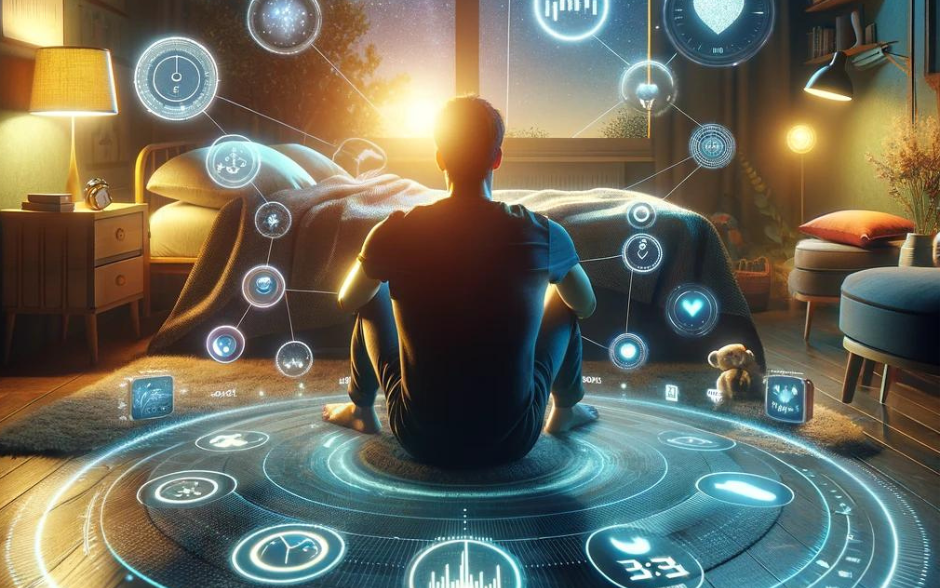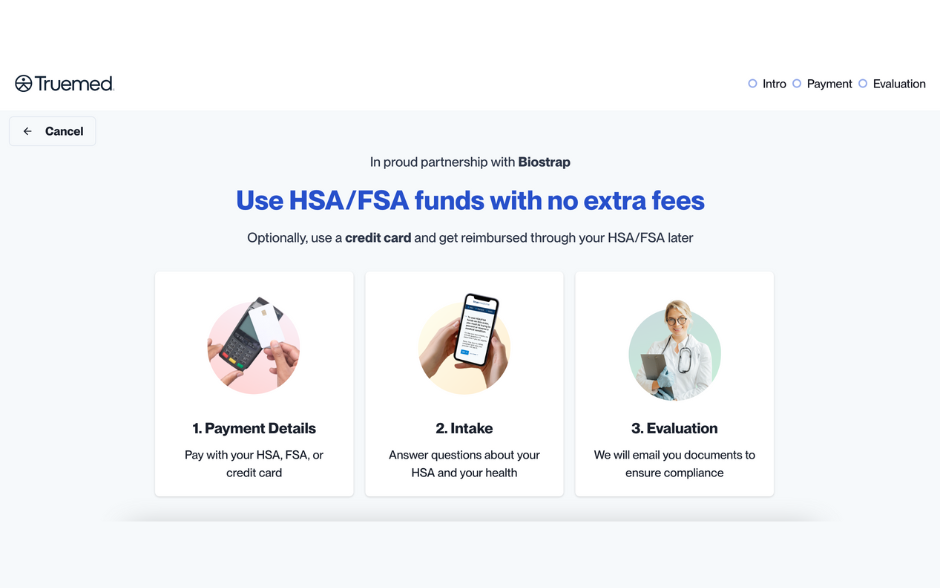Does traveling wear you down? If you are like most of us, you have trouble getting enough quality sleep while traveling. People often blame jet lag, but scientists recognize first night effect and sleep debt may be the real villains.
What is First Night Effect?
Have you ever noticed that you don’t sleep well your first night in a new place? People often attribute this to jet lag, excitement, or just feeling over-tired. However, scientists recognized the “first night effect” over a decade ago. Recent research indicates that first night effect helps keep us safe in unfamiliar situations.
Have you ever heard the phrase “sleep with one eye open?” That is kind of what happens with the first night effect. According to researchers, one hemisphere of the brain remains active so you can to trouble or danger. In a way, we only half sleep our first night in an unfamiliar room. This may be part of our fight-or-flight self-preservation instinct.
“Troubled sleep in an unfamiliar environment is an act for survival over an unfamiliar and potentially dangerous environment by keeping one hemisphere partially more vigilant than the other hemisphere as a night watch, which wakes the sleeper up when unfamiliar external signals are detected.”
This phenomenon is not unknown. Scientists observed similar other animals including in birds, dolphins, and whales. During sleep, only half their brain rests.
How First Night Syndrome Contributes To Sleep Debt
One night of light sleep may not be a problem. But what happens when you fly to another state for a conference? You do not sleep well on the plane due to the first night effect and because it isn’t an ideal situation for sleep. You may change time zones. Then you stay at an unfamiliar hotel and sleep lightly once again due to first night effect. You wake up early for the conference and stay up late networking.
Burning the candle at both ends like this contributes to sleep debt. According to Harvard Health, most adults need an average of 7 – 9 hours of sleep per night for optimal health. Sleep debt accumulates when we don’t get enough sleep.
A neurotransmitter called adenosine accumulates in our bodies as a byproduct when we expend energy. Adenosine helps maintain our circadian rhythm or internal clock and signals when we need sleep. As we sleep, Adenosine levels decrease.
Too much Adenosine makes us feel drowsy, sluggish, or sleepy. You accumulate sleep debt when you deprive yourself of sleep and you start paying it off when you catch up on your sleep.
First night effect may hit you even harder if you already accumulated sleep debt. Even if well rested, the combination of travel and first night effect often creates sleep debt.
How First Night Syndrome and Sleep Debt Affect Your Biometrics
If you regularly use a Biostrap, you may notice how sleep debt tends to lower your Heart Rate Variability (HRV) readings and increases your Resting Heart Rate (RHR). Sleep is essential to our health as we recover from the stresses of life during sleep.
Tips on How to Recover From First Night Syndrome
First Night Effect seems to bother some people more than others. According to researchers, this may vary. It may depend on whether you normally sleep well and if you have any other sleep issues such as sleep apnea.
Be aware that First Night Effect and Sleep Debt are real. You may not be able to avoid First Night Effect, but you may be able to plan around it.
Try these tips to mitigate First Night Effect and Any Resulting Sleep Debt
- During travel, try to sleep in the same room if possible. Book the same hotel room, Airbnb, or stay with the same relative. Apparently, the brain has a long memory for familiar places so you may be able to avoid First Night Effect.
- Consider arriving a night early so you have a chance to catch up on your sleep. For example, if you travel to visit family for Thanksgiving, arriving a day earlier gives you time to adjust so you may be well rested on Thanksgiving day.
- Avoid stimulants like caffeine 6 hours of when you plan to sleep also consider avoiding vigorous workouts during those same hours even if exercise doesn’t normally trigger insomnia for you.
- Try to catch up on sleep debt before your trip. Be aware that catching up all at once can also make you feel groggy. Try going to bed an hour earlier or taking a 30-minute power nap in the days leading up to your trip.
- Try to spend a little time outside in natural light to help your body clock adjust.
Minimize any distractions that get in the way of sleep.
- Set your hotel thermostat to a comfortable temperature (not too hot)
- If your room isn’t fully dark consider using an eye mask
- Minimize any disturbing sounds with white noise (some people tune their hotel clock radio between stations to create white noise
With a little planning, you can stop “First Night Effect” from ruining your trip.
Sources and Resources
- Night Watch In One Brain Hemisphere During Sleep Associated With The First-night Effect In Humans by Masako Tamaki, Ji Won Bang, Takeo Watanabe, Yuka Sasaki published in Current Biology.
- Repaying Your Sleep Debt, Harvard Health
- Why We Sleep Badly on Our First Night in a New Place, published in The Atlantic
- Short-Term Stability of Sleep and Heart Rate Variability in Good Sleepers and Patients with Insomnia: For Some Measures, One Night is Enough by Benjamin Israel, MD, Daniel J. Buysse, MD, Robert T. Krafty, Ph.D., Amy Begley, MS, Jean Miewald, MS, and Martica Hall, Ph.D. published in Sleep.



